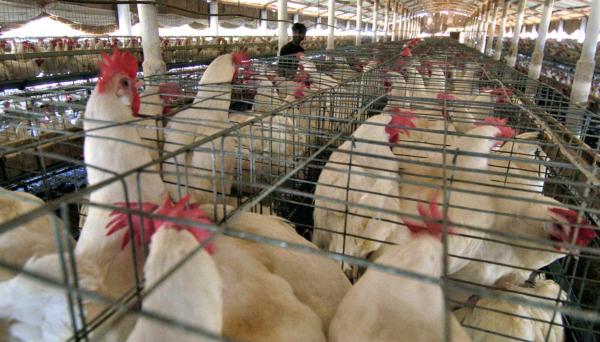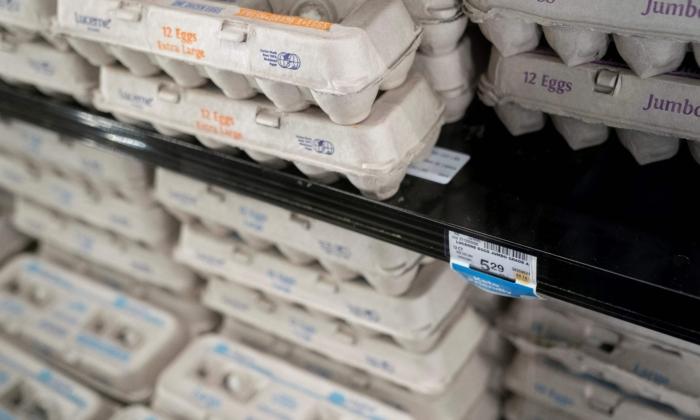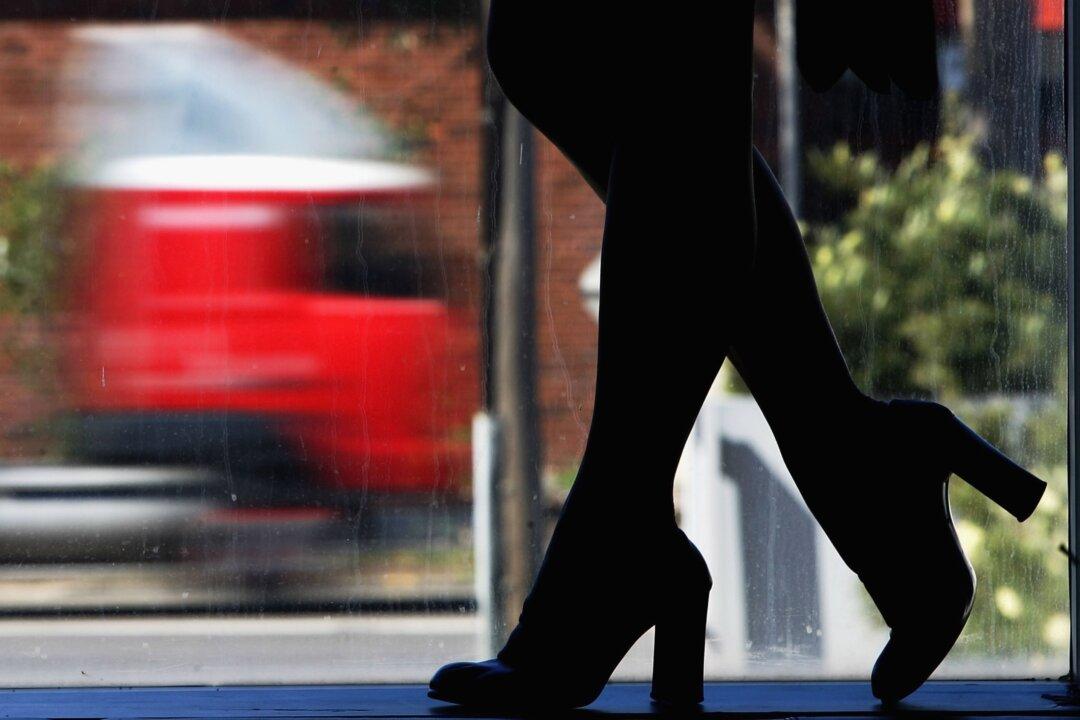Caged eggs will be banned in Australia as part of a national agreement to improve animal welfare in the poultry industry.
While animal advocacy groups have welcomed the news, there are concerns that the new agreement will put eggs out of the reach of consumers.
The new standards will significantly change the way farmers raise poultry, effectively banning the use of battery cages.
Battery cages are a housing system commonly used for raising egg-laying hens that involves putting together rows and columns of identical cages.
Animal welfare groups have long demanded battery cages be banned in Australia to protect chickens from “cruel production systems.”
While a consensus has been reached, states and territories will decide when to adopt the new standards themselves.
Federal Agriculture Minister Murray Watt said despite the difference in the pace of adoption, all jurisdictions were working towards phasing out battery cages by 2036.
“Some states will be able to do it more quickly than others, and if some states are struggling, that is something we can discuss,” Mr. Watt said.
The minister noted that the 2036 deadline would give the industry plenty of time to adjust to the changes.
Meanwhile, New South Wales has not committed to a specific timeline.
“We will work to our own timeline to make sure that we’re working with industry in NSW to get the best outcome,” NSW Agriculture Minister Tara Moriarty said in comments obtained by AAP.
Egg Industry Pushes Back the 2036 Deadline
Following the agreement between state ministers, Bede Burke, the chair of Egg Farmers of Australia, a peak industry body, called for extra time to allow farmers to adjust financially to the new standards.“Any earlier time frame would financially impact on many family egg farms.”
Federal Nationals leader David Littleproud also supported an extension to the supposed 2036 deadline.
“Our egg farmers deserve support, not surprises, from state governments,” Mr. Littleproud said.
“Farmers have made investment decisions worth millions of dollars, predicated on the current guidelines, believing they had until 2046.”

Egg Farmers of Australia warned that the agreement would cause the future of cage egg production to remain in limbo and prompt farmers to seek compensation from states.
Meanwhile, Australian Alliance for Animals policy director Jed Goodfellow expressed disappointment that a national timeline hadn’t been reached.
“It is incumbent upon all state governments to now announce their respective phase-out timeframes so that all stakeholders know where they stand and can prepare for the future.
Concerns about Skyrocketing Egg Prices
The agreement follows concerns that egg prices could soar to $15 (US$10.3) a carton from the current average of $7, keeping them out of reach of low-income Australians.It was reported that the infrastructure required for caged-free egg production could cost as much as $4 million.
Nationals Senator Bridget McKenzie warned that an early ban on battery cages would drive up the cost of eggs and other types of food made from eggs.
“To see them rise like we’re seeing when similar decisions made in other countries will just put the cost of delivering healthy food on the table every night so much harder.”
Meanwhile, Mr. Watt has rejected the idea that egg prices would soar because of the battery cage ban.





